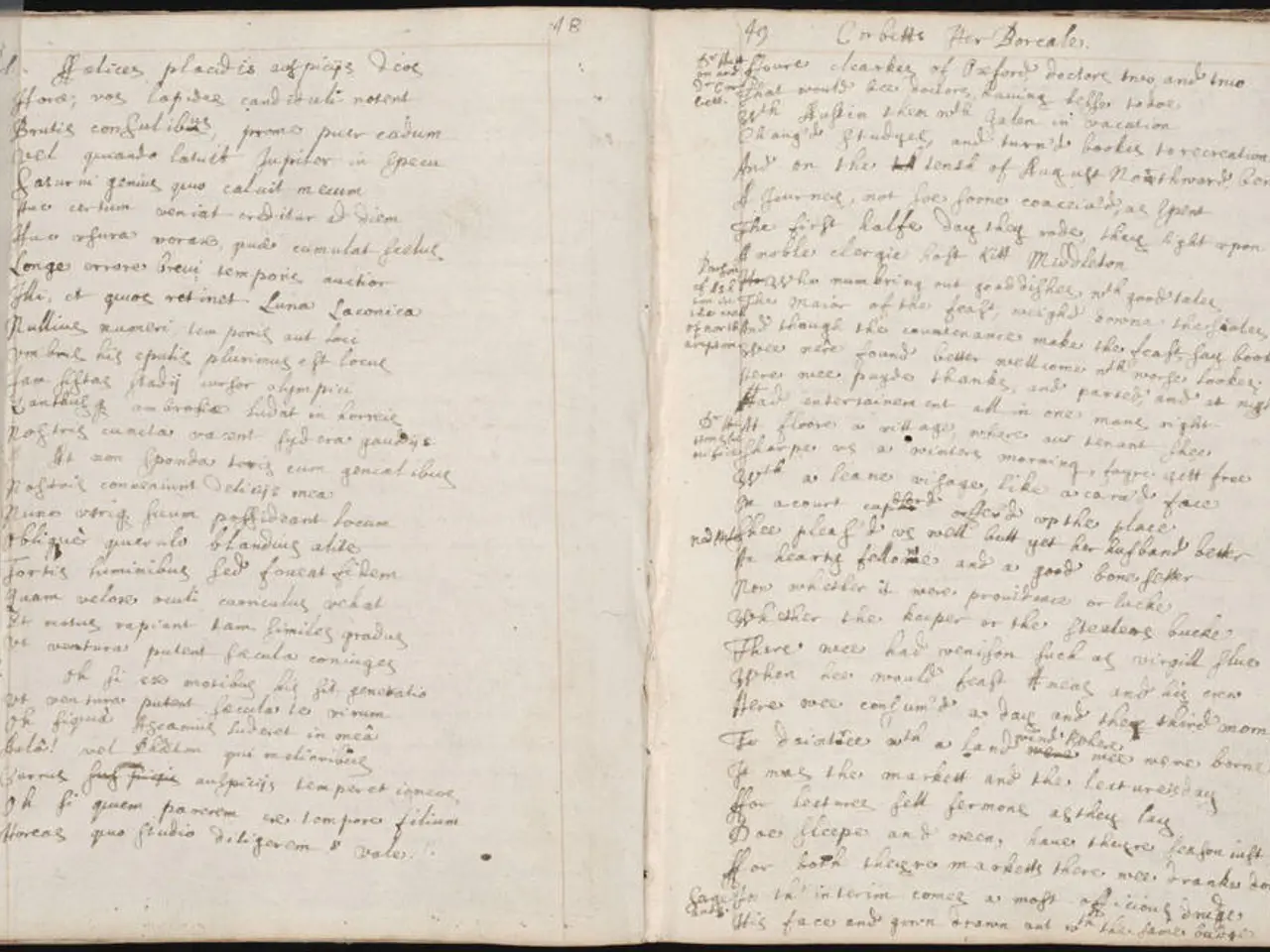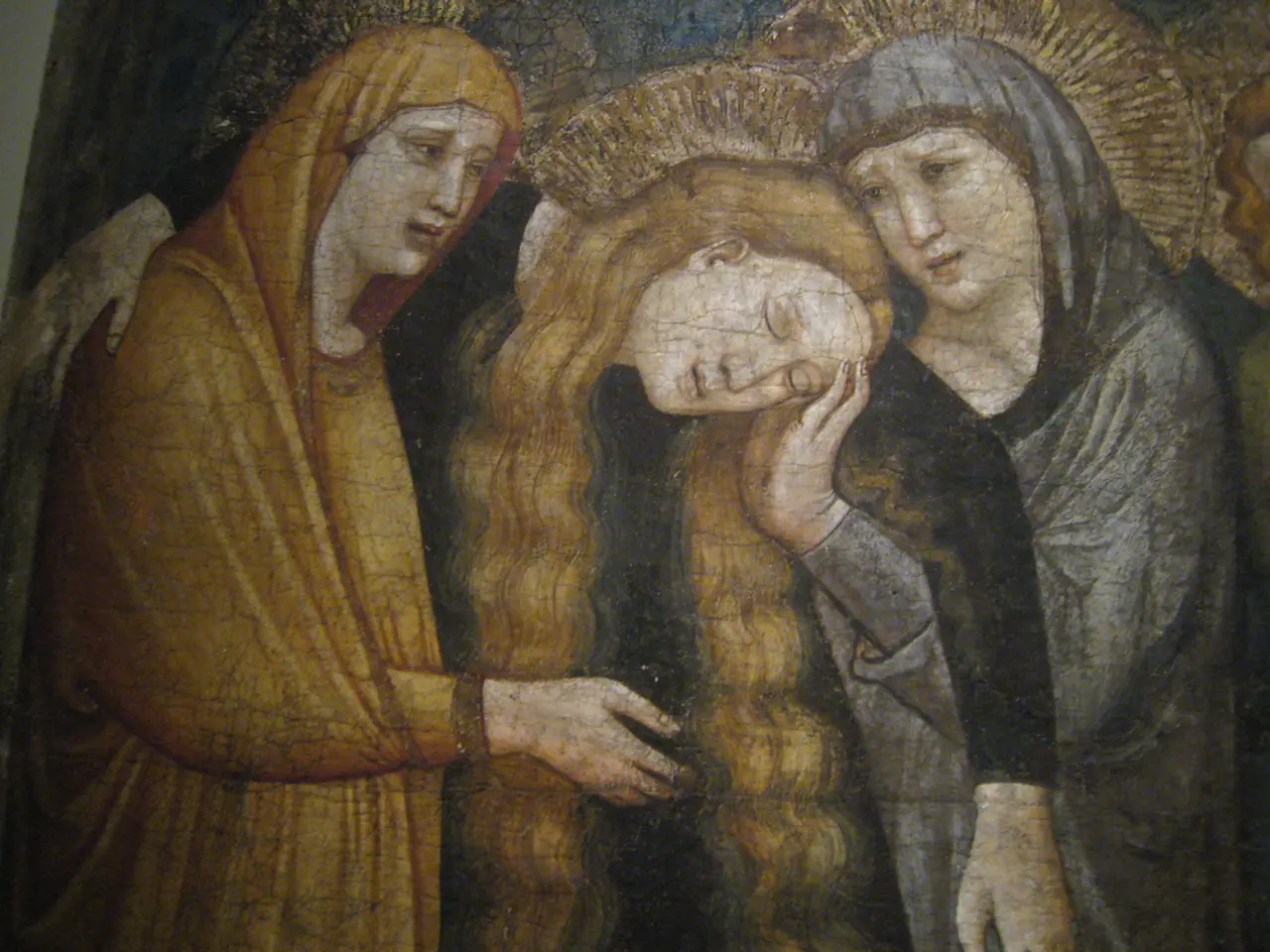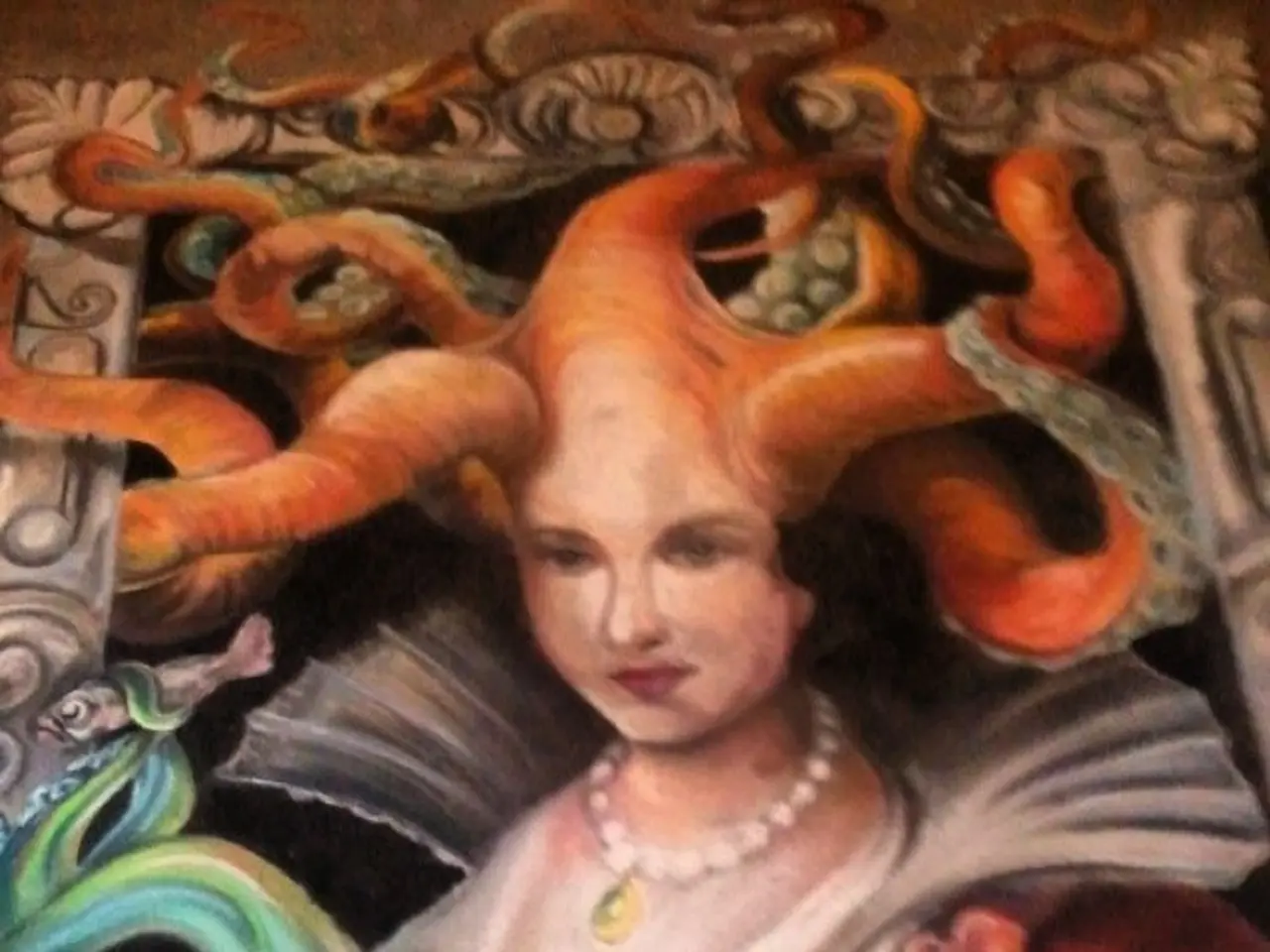Event: Discourse of "Man, Game, and Chance" Book at Quadriga Café
In a thought-provoking event held at the Quadriga Café in Berlin on May 19, Dr. Daniel Henzgen and Dominik Meier guided a vernissage that artistically reflected the themes of their co-authored book, "Man, Game, and Chance." The authors presented their work to an audience of 40 guests from politics, media, and public affairs, who were captivated by the exploration of gambling as a complex socio-political phenomenon.
"Man, Game, and Chance" delves into the fascination of gambling and the intricate interplay between game, society, and power. The book provides political-theoretical insights into how gambling intersects with broader societal structures and power dynamics.
One of the key insights from their exploration is that games of chance symbolize society’s broader tensions between order and randomness. Gambling spaces become sites where societal rules, personal agency, and the unpredictability of life interact, reflecting political questions about control, risk, and uncertainty.
The authors argue that gambling is embedded in power structures—regulatory bodies, economic interests, and social hierarchies shape how gambling is governed and experienced. They emphasize how states use gambling regulation to exert control over populations, generate revenue, and influence moral behavior, illustrating governance through risk management.
"Man, Game, and Chance" also explores how gambling can both challenge and reinforce social inequalities. While it offers the allure of upward mobility through chance, often the distribution of gambling-related resources and consequences disproportionately affects marginalized groups, showcasing how economic and political power influence who wins and who loses.
Finally, the book positions gambling as a metaphor for political decision-making and the unpredictability inherent in democratic processes. It investigates how concepts like risk, uncertainty, and speculation in gambling resonate with political theories about governance, citizenship, and the social contract.
Dr. Daniel Henzgen and Dominik Meier's interdisciplinary approach merges political theory with sociology and economics to unpack the nuanced interplay between gambling, society, and power structures. Their work situates gambling as a significant socio-political phenomenon that reveals deeper insights into how societies organize chance, control behavior, and distribute power.
For those interested in learning more about the book, specific chapters, or themes, feel free to engage in further discussion. The insights presented by Dr. Daniel Henzgen and Dominik Meier offer a refreshing perspective on the role of gambling in society and its implications for political structures and decision-making.
Books related to 'education-and-self-development' that may interest readers include "Man, Game, and Chance," a co-authored work by Dr. Daniel Henzgen and Dominik Meier. This book delves into the complexities of gambling as a socio-political phenomenon, offering political-theoretical insights into how gambling intersects with broader societal structures and power dynamics (politics). The authors also explore how gambling can both challenge and reinforce social inequalities, and position gambling as a metaphor for political decision-making (general-news). This thought-provoking book is a valuable resource for anyone interested in understanding the intricate interplay between gambling, society, and power structures (public affairs). Additionally, the book is an excellent source of entertainment, offering a refreshing perspective on the role of gambling in society and its implications for political structures and decision-making. (entertainment)




